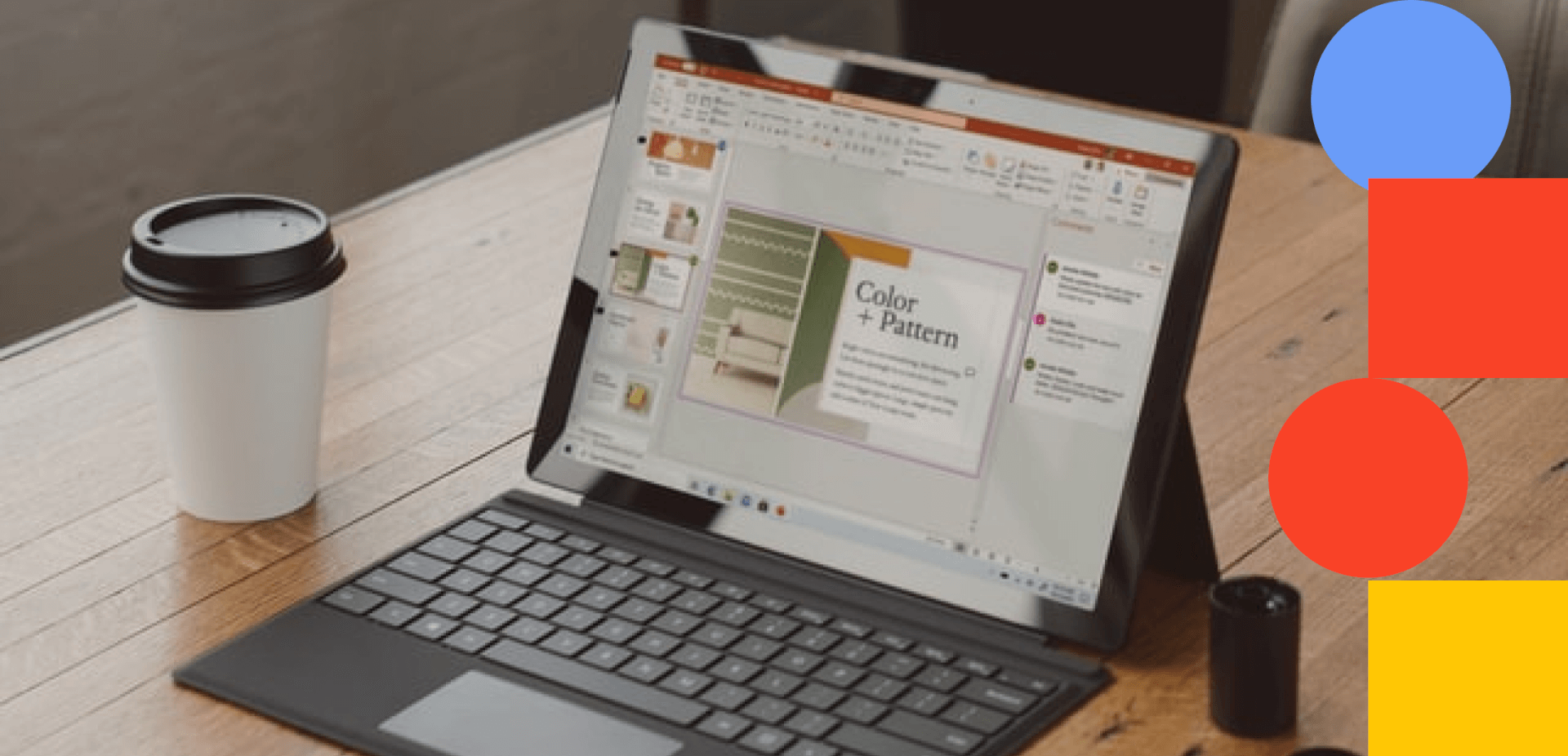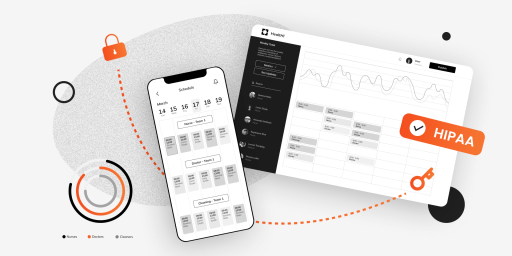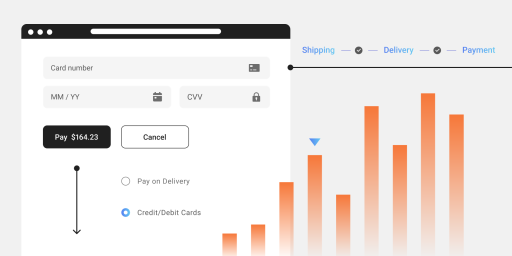Before testing starts on an outsourced project, the client and the service provider go through several stages of negotiations. One of the most important ones is the very first conversation with a potential vendor ― the so-called pre-sale interview.
In fact, a pre-sales interview is like a first date, where the concerned parties describe their needs and ambitions to see if these match through a Q&A process. The answers received during this dialogue will become the basis for the future partnership.
What happens on the first call with a software testing vendor
Let’s break down what exactly happens between a client and a potential vendor during the starting interview.
The first call is usually attended by product owners (people who know all the necessary information about the digital product) from the client side and a sales representative, a delivery manager, and one (or a few) technical workers from the service provider side. Of course, the list of participants may vary depending on the situation, interview agenda, and the size of the companies negotiating.
To maximize the productivity of the future dialogue, it is important that both parties prepare for it. For example, people representing the client should prepare presentation materials of the product (project) and be ready to answer all the necessary questions from a potential vendor.
Meanwhile, the service provider should explore all the public information on the client’s project (e.g., from their official site) to sketch potentially suitable solutions and strategies for the project and to be ready to show relevant cases from their portfolio.
It’s highly recommended that all the interview participants make a checklist of questions to ask about the potential collaboration. During this stage, the sides can also discuss budgets, project workload, time frames, and the devices needed for testing.
Deciding on Budgets & Timeframes
In general, it is recommended to allocate a quarter of the project’s budget to quality assurance activities. This matches the reality pretty well: as Statista reports, companies spend about 23% of all their high-tech budgets on software testing and QA. Clearly, this number can change depending on the product type, software architecture complexity, approach to quality assurance, and the region you choose to outsource testing to. But if you want to have at least some point of reference to start calculating your QA budget, keeping in mind 25% is a good start.
In IT outsourcing, the prices for services usually start in the form of an hourly rate. The thing is, every project has a different scope of work, and the development stage at which product owners would like testing varies as well. That is why we can name the cost of QA only after breaking down the scope into hours. Also, it should be noted that even with the early testing approach, when a QA team gets to work at the very start of the project alongside designers and programmers, testing does not take as many hours as development. On average, quality assurance takes about 40% of all project duration time, it’s just organized on a piecemeal basis. For example, if your project is expected to take 4 months, which is 640 working hours, software testing execution would require about 256 hours. This equals 6.4 weeks of work. This, of course, is an average number based on an “optimal” effort-result ratio. Surface-level testing will take less time, while extensive testing of every miniscule detail can last much longer.
As for the actual hourly rates, these vary greatly depending on the two main factors: location and the level of vendor’s expertise. A very approximate price for a working hour of a professional QA engineer across different regions goes as follows:
| North America | Western Europe | Eastern Europe | India |
| $34/hour | $16/hour | $10/hour | $3/hour |
QA Audit and Process Optimization for Drone Software
So, knowing the number of hours and having picked the outsourcing location, it becomes easy to calculate the raw budget frames. 256 hours of testing would cost you $8,704 on average in the case of a US-based service provider and $4,096 if the vendor of your choice works in Western Europe (Germany, France, Netherlands, etc.). Countries like Ukraine or Poland would charge about $2,560 for the same volume of work while possessing the same level of technical skills, if not higher.
Of course, the time and cost estimations do not end with a firm number of hours multiplied by the hourly wage. Things like document examination, internal and external communication, discussions of debugging, business domain research, and many more, should also be counted in the project course. Business owners tend to look at software testing from a higher level, which sometimes can make them miss out on some important small details. That’s why it is vital to maintain a high level of trust between the partnering parties so that one can always consult another and give undoubted answers to their questions.
Below, we’re discussing the preparation process for each side in detail.
How to Prepare for a call with your software testing vendor:
You need to find a service vendor who’s not only able to solve all your current and upcoming problems, but also bring strategic vision to the project and all technical solutions. That is why it is crucial to strictly define the requirements for potential candidates that will serve as a guide during the interview. Otherwise, it’ll be easy to lose your bearings and simply forget what to ask.
Then, you should write down the list of all technical tasks you want the outsourcing vendor to accomplish. The task scope has to be based on such aspects as budget, deadlines, project duration, type, phases, and target audience.
Questions to answer before the actual pre-sales interview:
- When do you want your product to be market-ready?
- What features have to be implemented in the product before the release?
- What activities have to be executed to launch the product?
- What is the timeline for the finished project acceptance?
- What are the acceptance criteria for the MVP version of the project?
- What are the acceptance criteria for the finalized product in a long-term perspective?
- How many team members do we need to accomplish the project objectives?
- Do we have all the necessary documentation on the product? If not, can the service provider help us out?
- What duration of cooperation do we count on and what factors will it depend on?
This list varies depending on the product, project type, timeline, and other factors. The main thing is to set clear requirements and communicate them to the service provider at the very start, as well as discuss all the risks to avoid misleading anyone.
How to Prepare for a call with a future client (if you’re a QA engineer):
The preparation process for technical vendors (in our case, a software testing team and some other company’s representatives) includes the above-listed questions but isn’t limited to them. For the team, it is important to find out all the necessary information from the client to understand how the collaboration should be arranged and what types and techniques of testing are required on the project. This information will also shed light on the resources (software and hardware) needed to arrange the QA process.
The art of asking the right questions helps determine the future of a potential partnership, in addition to demonstrating the vendor’s professional skills. That’s why the outsourcing team should prepare a long checklist of questions and choose what to ask next depending on what the client has already said. The more questions the vendor’s representatives will prepare, the smoother and more informative the pre-sales interview will turn out. Most likely, the team won’t need to vocally ask every single question from their list during the meeting, as some of them will be covered in the client’s product presentation. So, if the vendor’s employees listen to it attentively, they’ll get a lot of valuable information just from the introduction to the client’s product.
Technical team: preparation steps to take and questions to ask
- First and foremost, people invited to the pre-sales interview have to explore all the public information about the client’s company and its product(s) to form the basic image of future cooperation. I recommend starting with the company’s official website and social media accounts followed by exploratory testing of the client’s product (if available online).
- It’s vital to make sure that the contractors have understood the logic and specifics of the work of the product to work with correctly. If there is not enough public information to review beforehand, the aspects like target audience, testing environment, and product tech stack should be discussed in detail during the meeting.
- Next, the team has to find out the client’s expectations from it. What are the tasks the service provider is expected to solve? The answer to this question helps to define the timeline for the whole cooperation and testing phases to break it into.
- Having established the time frames, you should raise the question of rating and acceptance criteria for each testing phase, if already known.
- It is important to know when exactly the team is going to start testing the product. Will the QA process take place simultaneously with the development? Or the testing team will work with the ready-made product? This will explain whether the product is planned to be changed during the testing project course.
- Knowing the answers to all the questions listed above, all parties can navigate through the upcoming activities. Now, it’s time to dive deeper into the technical aspects of testing ― types, methods, techniques, etc. Also, if this wasn’t done earlier, the team can get to exploratory testing of the product giving the raw feedback on its performance.
- The team has to ask the client about the testing artifacts if any. These can include testing strategy, plan, checklists, and/or test cases. This information will be useful for testing project estimation and also will help the team to prepare for testing execution. If the client’s company has not used any test artifacts in the past, the service provider should be ready to offer them some options on the interview.
- Discussing the test artifacts, the sides should also talk about the instruments the client is planning to use for creating these (TestRail, Jira plugins like ZRAY, Zephyr, or just Google Sheets). Also, at this moment asking about the bug-tracking system (a program to report bugs to and integrate with other test case systems) would be appropriate.
- The devices needed for testing require a separate word. If the digital product has a mobile version, the number of testing devices increases. Having defined the necessary device range, the project owners will know if they need to buy anything else before the testing begins. In its turn, the service provider can bring the list of all devices they own in-house to use for testing. If this list contains some analog hardware models to what the client had in mind, the option of replacement can be considered.
- The next question is what kind of testing environment is required? The technical vendor has to carefully gather the client’s requirements on digital platforms and browsers to test the product on, as well as to check if emulators and simulators can be used during the testing. Besides, the team has to be informed about the versions of the product they will be testing (Production, Pre-Production, Staging, Testing, Dev Environments).
- Communication is the key to a productive partnership. In order to keep in touch with each other, the sides have to agree on communication tools (Gmail, Hangout, Slack, Skype, etc.) and schedule, especially if the time zones do not match.
- Service provider’s portfolio is a crucial part of a first impression. The team has to be ready to demonstrate their professional achievements, preferably listing the relevant (similar to the client’s one) projects instead of all working history throughout the years. Sometimes, the client can request to complete a testing task to double-check the vendor’s skills.
Our recent works for clients
Despite its volume, this list does not describe the pre-sales interview to the fullest. This is because the course of the interview highly depends on the product type, industry it is made for, sizes of companies partnering, and many other factors that make every pre-sales meeting different from another. However, you should not underestimate the importance of preparation for such complex conversations.
End Result
In most cases, the first interview gets followed by many more meetings to go through. And yet all these meetings depend on how we conducted the pre-sales one.
Despite the fact that such interviews usually take from half an hour to an hour, it is important that both parties manage to identify the points of contact and outline the future perspective. After the interview ends, all the participants should have their questions answered leaving them confident about what the future holds for this strategic partnership. Clearly defined action points like types of testing, team size, time frames, and stages of testing will act as a basis for further cooperation. That’s why it is highly recommended to maintain the decisive and confident tone of voice during the pre-sales interview and back it by technical preparation, regardless of your position in this business relationship.




